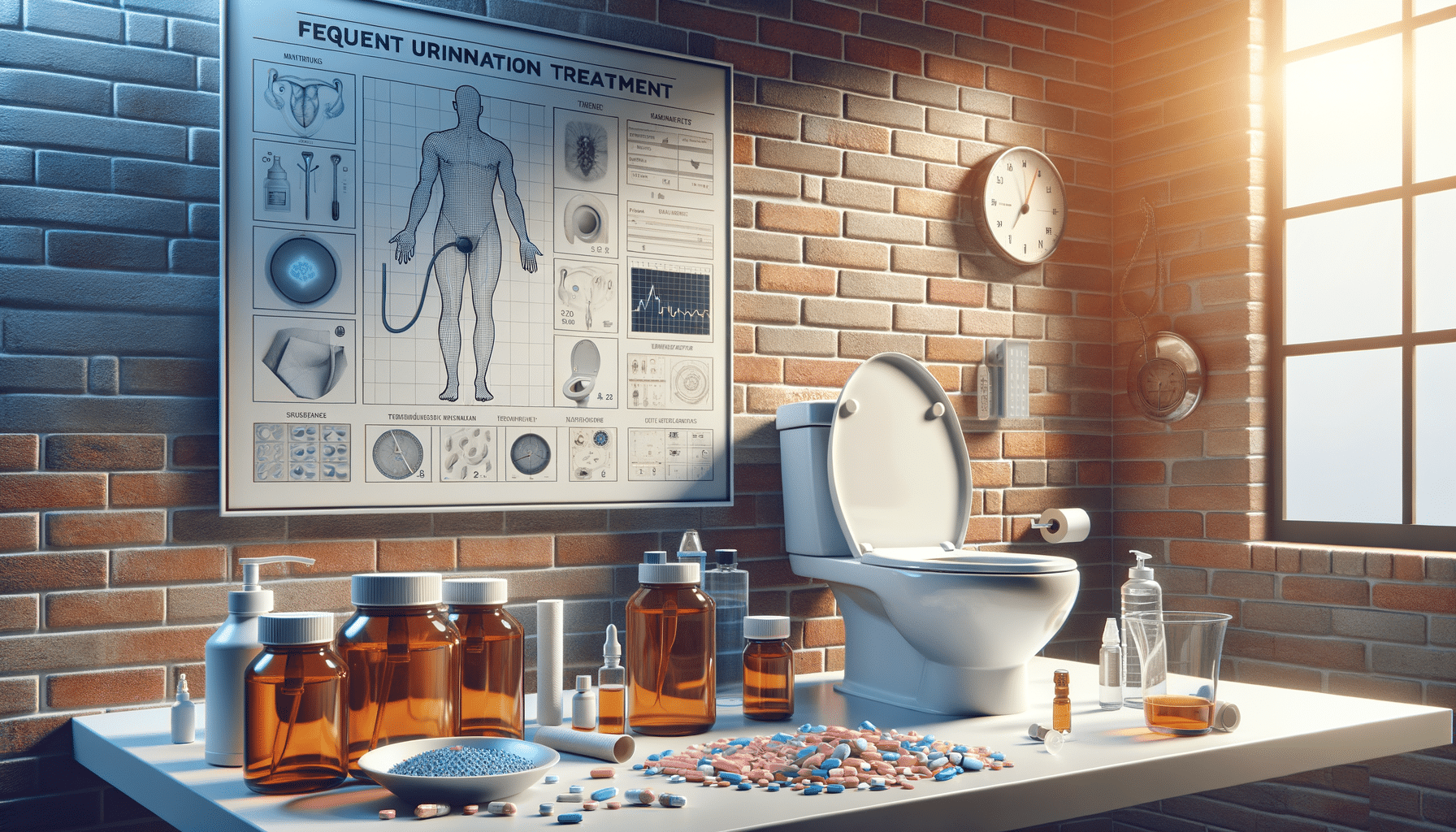
Relieving Nighttime Discomfort: Possible Solutions for Frequent Urination
Understanding Frequent Urination
Frequent urination, medically known as polyuria, can be an inconvenient and sometimes distressing condition that affects many individuals. It involves the need to urinate more often than usual, which can disrupt daily activities and, more importantly, sleep patterns. Understanding Frequent Urination is the first step toward addressing the issue. This condition can arise from a variety of factors, including medical conditions like diabetes, urinary tract infections, and prostate problems. It can also be influenced by lifestyle choices, such as excessive fluid intake or consumption of diuretics like caffeine and alcohol.
The causes of frequent urination can be broadly categorized into two groups: physiological and pathological. Physiological causes are usually related to lifestyle habits, such as drinking large amounts of fluids or consuming substances that stimulate urine production. Pathological causes, on the other hand, are related to underlying health conditions that may require medical intervention. For instance, diabetes can lead to increased thirst and urination as the body attempts to eliminate excess glucose through urine.
While frequent urination can be a symptom of a serious health issue, it is not always the case. For many, it might simply be a matter of adjusting daily habits. However, if you find that your need to urinate frequently is affecting your quality of life, it is advisable to consult a healthcare professional to rule out any underlying conditions and to discuss potential treatment options.
Medical Treatments for Frequent Urination
When lifestyle adjustments are not sufficient, Medical Treatments for Frequent Urination may be necessary. These treatments aim to address the underlying causes and provide relief from symptoms. One common approach is the use of medications. Anticholinergics, for instance, are often prescribed to help relax the bladder muscles, thereby reducing the urge to urinate. These medications can be particularly effective for individuals with overactive bladder syndrome.
In cases where frequent urination is linked to conditions like urinary tract infections or prostate issues, specific treatments targeting these problems may be required. Antibiotics are typically used to treat infections, while medications such as alpha-blockers may be prescribed to alleviate symptoms related to prostate enlargement. For some individuals, hormone therapy might be an option, especially if the frequent urination is associated with menopause or hormonal imbalances.
Surgical interventions are considered a last resort and are usually only recommended when other treatments have failed. Procedures may include bladder augmentation or the implantation of nerve stimulators to help regulate bladder function. While these options can be effective, they are typically reserved for severe cases due to the potential risks and recovery time involved.
Lifestyle Changes to Reduce Frequent Urination
For many individuals, Lifestyle Changes to Reduce Frequent Urination can be an effective way to manage the condition. Simple adjustments in daily habits can significantly decrease the frequency of urination. One of the most straightforward changes is to monitor fluid intake. While it is essential to stay hydrated, consuming large amounts of fluids, especially before bedtime, can lead to increased nighttime urination. Reducing the intake of diuretics, such as caffeine and alcohol, can also help manage symptoms.
Dietary modifications can also play a crucial role. Some foods and beverages can irritate the bladder, leading to increased urination. Identifying and avoiding these triggers can provide relief. Common irritants include spicy foods, citrus fruits, and artificial sweeteners. Keeping a food diary can help pinpoint specific triggers and guide dietary changes.
Incorporating pelvic floor exercises, such as Kegel exercises, can strengthen the muscles that control urination, thereby reducing the urgency and frequency of trips to the bathroom. Additionally, establishing a regular bathroom schedule can help train the bladder to hold urine for longer periods. This technique, known as bladder training, involves gradually increasing the time between bathroom visits, which can help improve bladder control over time.
Overall, while frequent urination can be a bothersome condition, a combination of medical treatments and lifestyle changes can provide significant relief. It is essential to consult with healthcare professionals to tailor a plan that best suits individual needs and circumstances.


